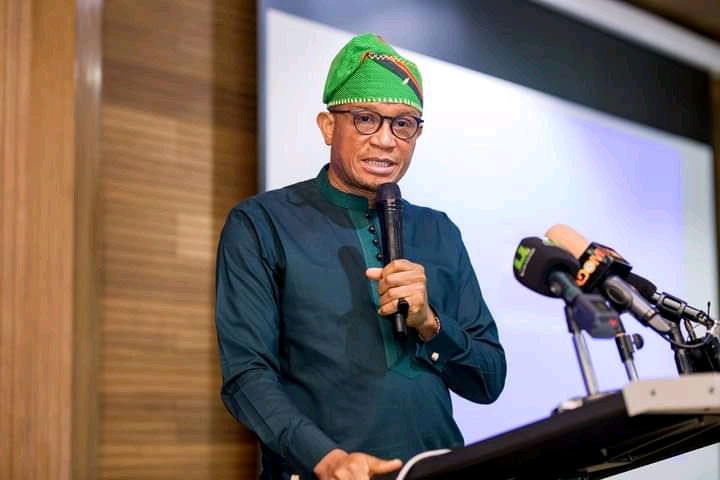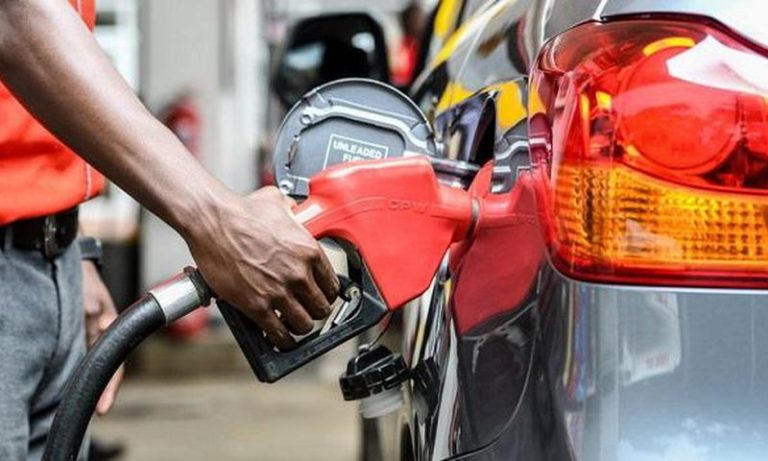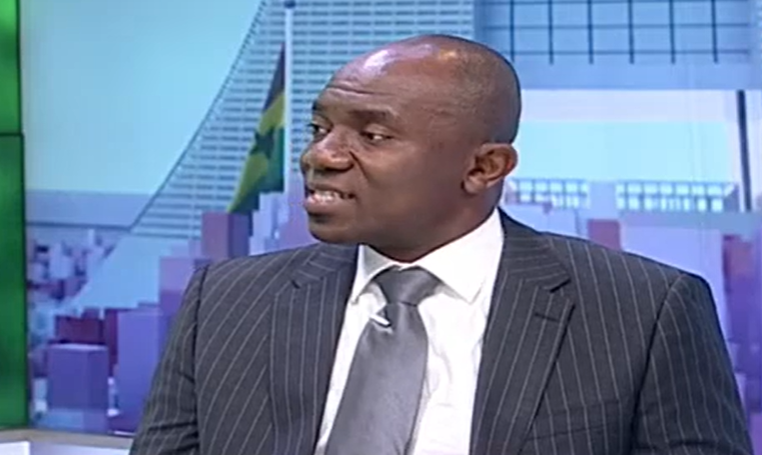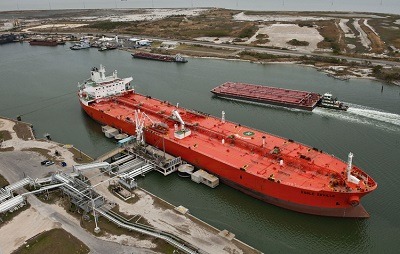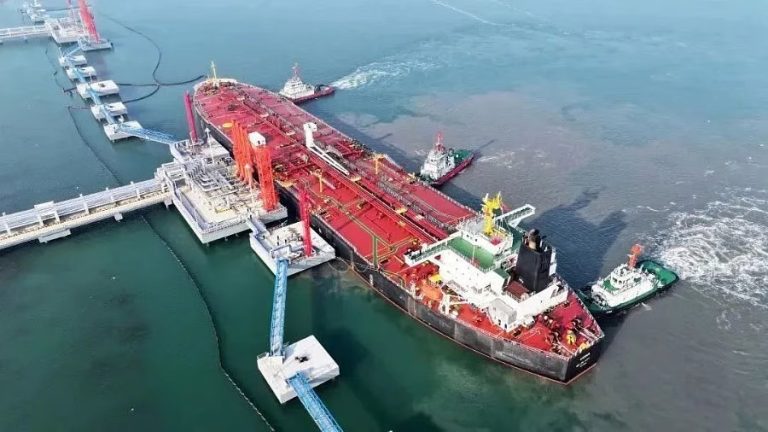The Chief Executive Officer of the National Petroleum Authority (NPA) Dr Mustapha Hamid is urging the media to take politics out of petroleum pricing in the country.
He said prices of petroleum products are now determined by the forces of demand and supply as well as geopolitics among others.
Urging journalists not to make petroleum pricing an NDC or NPP matter, the NPA boss stressed that “petroleum pricing basically drives the economy, drives agriculture, drives the markets, productivity in workplaces and more.
“Everybody thrives on petroleum and so an educated journalism fraternity on petroleum pricing in a deregulated environment is very critical for the survival of our nation and the peace of our nation.”
He said this at a workshop organised for journalists about the pricing of petroleum products in the country on Wednesday, August 11, 2021.
The one-day event held at the Conference Hall of the NPA took media personnel through the formula for calculating these prices.
Dr Mustapha Hamid noted that the essence of the workshop is to equip journalists with the knowledge of the downstream petroleum sector to enable them deliver factual reportages, particularly pricing.
“You are very important as far as nation-building is concerned and to flip it you are very influential in nation destruction. This is why media people must be knowledgeable people which is why they say the pen is mightier than the sword. So if we have a media that is uniformed and uneducated then it is very dangerous.
“This is why the NPA as part of its mandate to regulate the petroleum downstream sector decided to engage the media on petroleum pricing in the country,” he intimated.
According to him, since the introduction of deregulation as the pricing mechanism, government is no more the principal agent that determines petroleum prices.
What goes into petroleum pricing
The prices of petroleum products on the world market are influenced basically by demand and supply fundamentals.
Some factors that affect demand and supply are:
Geopolitics (especially in major oil-producing nations), demand from major oil consumers/economies such as the US and China, stock levels of petroleum products in the major world economies, new oil production technologies, strength of the US Dollar and weather among others.
Another component of the price build-up is taken up by taxes and levies. Taxes and levies are imposed on petroleum products by governments through parliamentary approval. Currently, there are levies and taxes such as the Energy Sector Recovery Levy, the sanitation and pollution levy, the Price Stabilisation and Recovery Lev, the Energy Fund Levy, the Road Fund Levy and Special Petroleum Tax.
Finally, there are the margins, which are incorporated into the Ex-Pump Price Build-Up to cover various costs of distributing petroleum products. Some are statutory whilst others are not. Examples of the margins are, BOST Margin, Primary Distribution Margin, Fuel Marking Margin, Distribution Compensation Margin, Marketers Margin, Dealers/Retailers Margin, LPG Filling Plant/Premix/MGO-Local Admin Margin and many others.
In summary, the petrol price per litre breakdown is Ex-pump- 54%, Taxes-30% and Margins-16%. So 46% are taxes, margins and levies.

